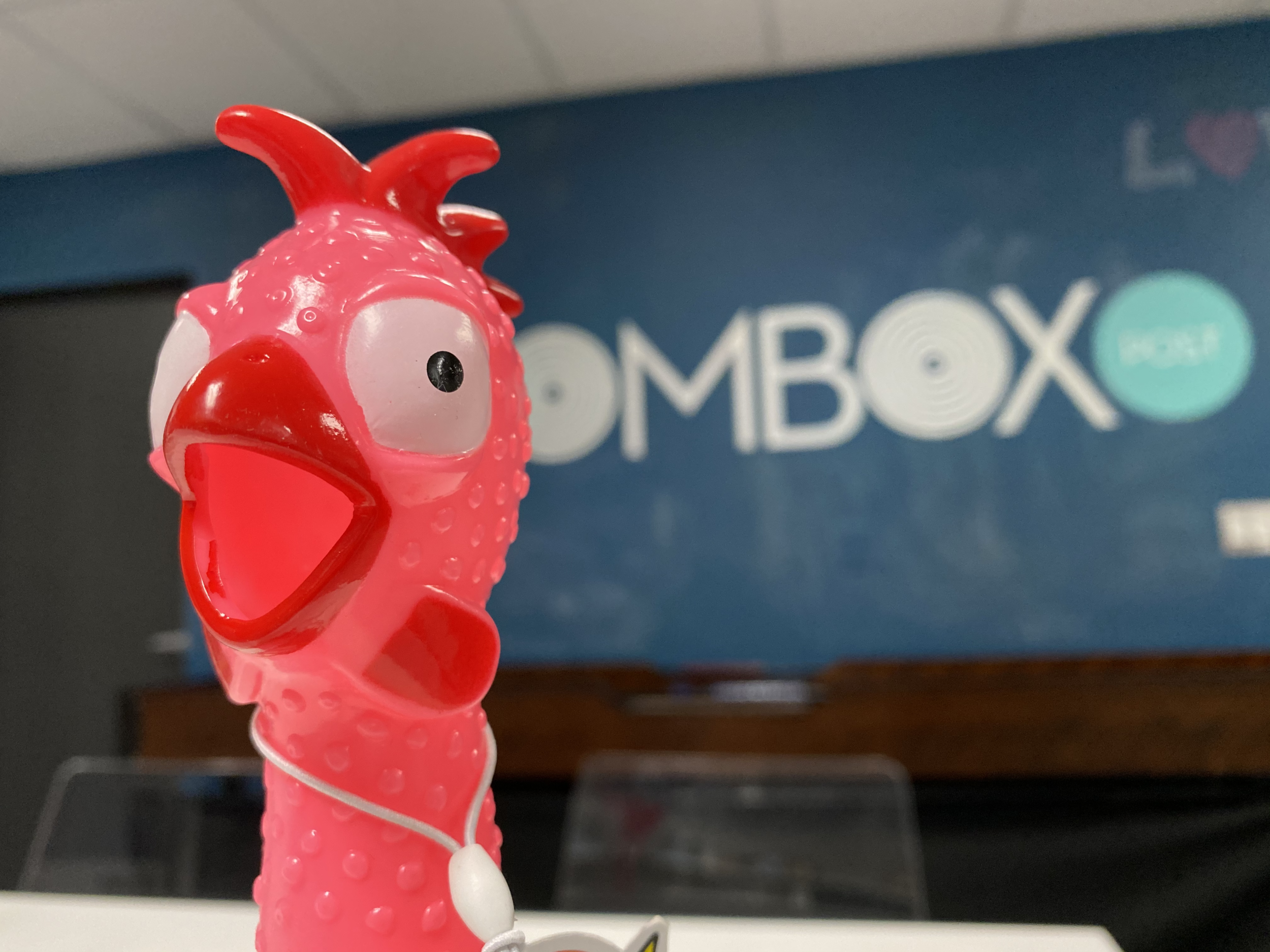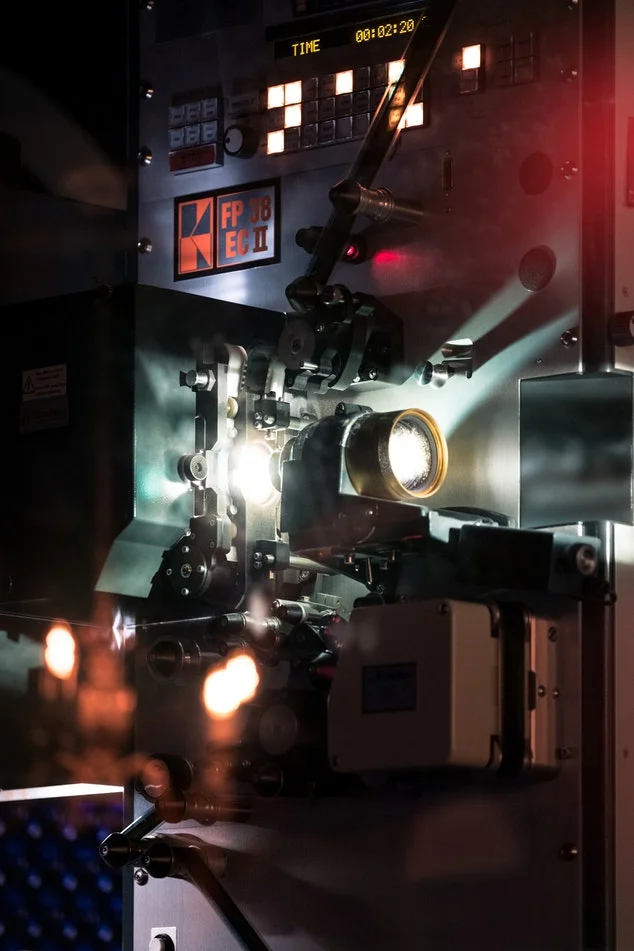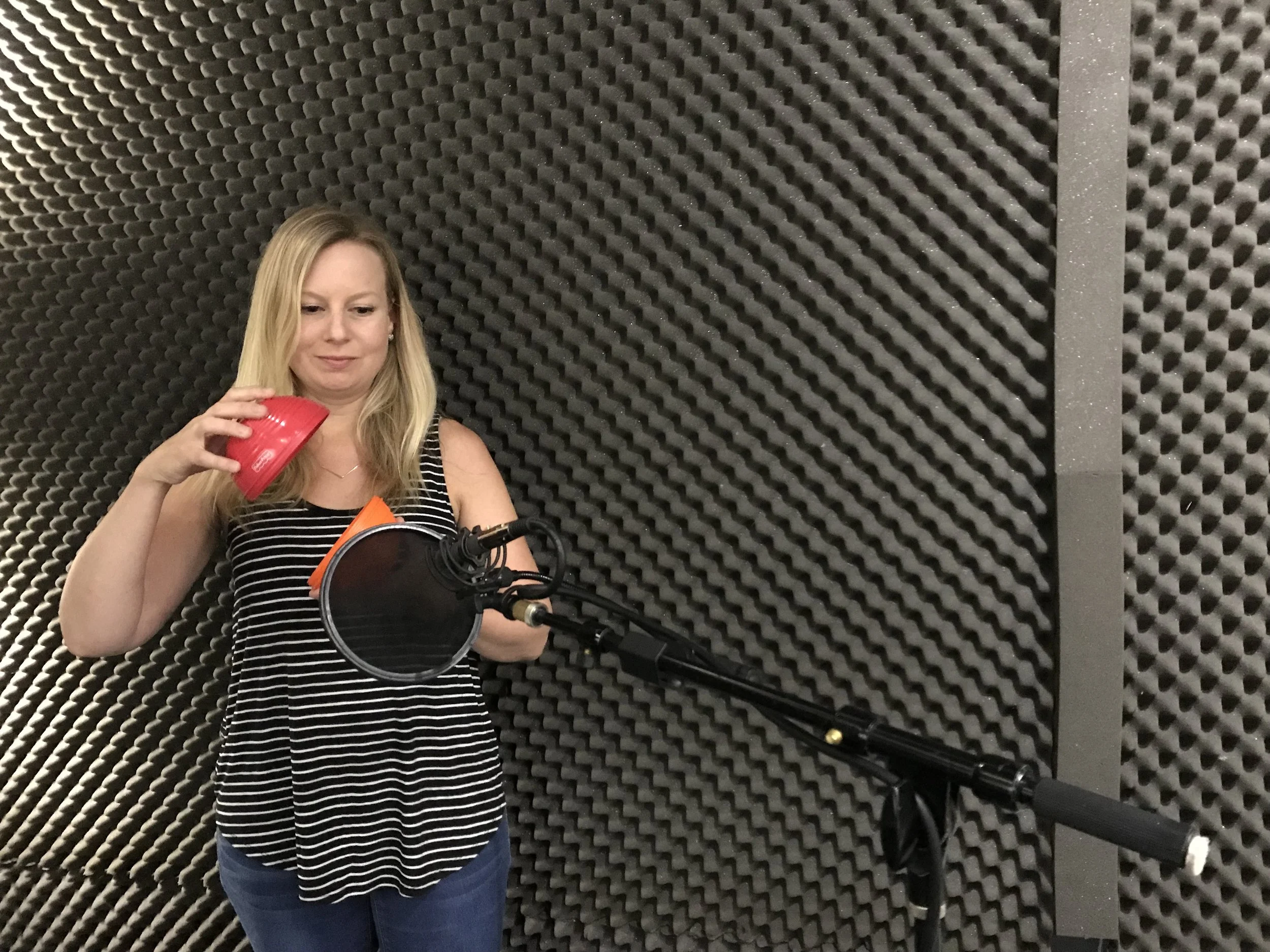Recently, Peter was tasked with creating the sound build for a time machine as it creates and travels through a time portal. Find out how he managed to achieve the desired effect while putting his own personal style into the sound.
Viewing entries in
Inside Sound Design
Tim was recently challenged with designing ambiences for a series of shorts that had a lot of action. The clients very smartly requested these builds have a rhythmic quality to them, allowing them to play in the background without distracting too much from what was happening on-screen. Check out how this was accomplished!
Comedy is alive and well in both live action and animation. And as any sound designer worth their salt knows, our job is to support the script which often means supporting comedy. The best sound design can highlight what is already great about the picture and elevate it further by helping the audience to focus on it. So, how do we support a funny moment without dipping into our toony toolbox?
Creature vocals or monster vocals, if you will, are one of the more conceptually challenging elements to telling a story through sound. I always struggle with, “Is it real enough?” or “Is this vocal believable for this creature on screen?” Of course, that’s a matter of personal opinion and experience, but there are some approaches that make the design process of these vocals a little more palpable and easier to arrive at the “finished” product.
From its beginnings in 1920’s live broadcasts to “walking” with MIDI, Foley has always been a valuable form of character development, allowing viewers to learn more about a character through both visual and auditory cues. Whether we realize it or not, we can unconsciously assume more about a character by the sounds they make, as we did to first survive in the wilderness by detecting on-coming sounds as family or strangers. Foley artists can achieve unique footsteps that we learn to recognize in their own performances, but how have digital Foley techniques impacted character design? Boom Box Post’s Foley editor Carol Ma dives into the details of character design through digital Foley.
When I hear telemetry, I’m reminded of the music of twentieth century Austrian composer, Arnold Schoenberg. He used a style called Serialism, which took a mathematical approach to developing melodies and rhythms and focused on atonality. He developed a technique called the tone row, which takes the twelve chromatic notes of a scale, and places them in a random sequence. The sequence is then manipulated by flipping it backwards and turning it upside-down. This develops into a chaotic composition with a melody that is difficult to follow, much like a typical telemetry loop in a sound library.
We are so excited to showcase our latest work in the new Netflix animated TV show, Centaurworld! In honor of the shows release, we asked one of our sound editors to dive into some of the magical sound elements she created for the show. Get ready to learn about how Katie designed the “magical artifact” seen in the trailer and first episode of Centaurworld!
As a mixer, I see all kinds of issues cropping up that originated in sound editorial. And with my background in sound editorial, I’ve surely committed every one of them myself at some point. Here’s a list of some common problems we see on the mix stage. Avoiding these problems will not only make your work easier to handle and more professionally presented, it will hopefully save you a snarky email or comment from a mixer!
At the very beginning of 2020, Women’s Audio Mission reached out to me to ask if Boom Box Post would be interested in contributing to their upcoming Los Angeles popup by giving a workshop on sound design for television and film. We decided to put together a small event in May for 15-30 people which would introduce the audience to sound design and include some hands-on interactive components.
And then… COVID hit and it seemed that this plan to collaborate would need to be put off indefinitely due to travel, health, and safety concerns.
But, WAM being the incredible resource that it is for so many people in our industry, they quickly pivoted and created WAM Everywhere Live Classes, a series of free virtual workshops “to keep our community connected, supported, and learning during this time of social distancing and beyond.”
A little over a month ago colleges across the country held virtual commencement ceremonies for the graduating class of 2020. If you were one of the many to graduate during this turbulent time you may be asking yourself, “What do I do now?” Here are some steps you can take right now to prepare yourself and help with your future job search!
There are many different ways to be a great leader and a lot of different philosophies that can get you there. But this post isn’t to cover the theoretical side of leadership. This is a nuts and bolts how-to with specific tips regarding software, meetings, organization, and communication specifically pertaining to being a supervising sound editor. Obviously, there are many approaches on this front as well, but here’s what we do here at Boom Box Post with much success.
As sound pros, we are constantly on the lookout for interesting material that we can utilize or manipulate for our work. My ears perk up when I hear a particularly unusual sound. I’ve been recording fascinating audio stuff on my phone for years. I can’t help it. It’s our passion. So with that approach in mind, let me tell you a story about a rubber chicken.
As some of you may know, I’m a long-time sound designer and supervising sound editor, but I just started mixing a few years ago. While attending mixes as a supervisor definitely gave me a window into best practices for sound design success (aka how to make sure your work actually gets played…audibly), I got a whole new vantage point for what to do (and not do) once I started having to dig through sound design sessions myself! So, while I am a fledgeling mixer and you should always speak directly to the mixer working on your project before making decisions or altering your workflow, I feel that I am qualified to share my personal preferences and experiences. Take this as the starting point for a conversation—a window into one mixer’s mind, and hopefully it will spark great communication with your own mixer.
One of the most challenging sequences a sound editor can face is a car chase. Vehicles are tough. Even the most experienced designer can hit a wall when trying to make them work. This is by no means a complete guide, however, this primer should prove helpful for those looking to dip their toes into the wild world of vehicle sound editorial.
As sound editors, speaking about sound design with clients requires a kind of foreign language. I often find myself making silly noises in an effort to either interpret what a client is looking for or to pitch an idea of my own. There’s a shorthand however, that both editor and filmmaker are aware of. An entire language has been laid out for us in the incredible work of sound designers past. I’m talking about films that are ‘in the canon’ for having memorable sound design moments.
You may recall that I’ve written about creating signature sounds in the past. So, why write another post on the same topic? First of all, creating signature sounds is a skill that is absolutely essential to to setting yourself up as a high-quality professional sound designer. Second, that post covered a practical approach to designing signature sounds such as working on one sound at a time and designing in context. Here, I’d like to walk you through my actual creative process on a particular project.
Here at Boom Box Post, we strive to design and create things that are unique. In this month’s Inside Sound Design, we talk with sound editor Tess Fournier about some cool creative vocal design she has been working on.
For this month's Inside Sound Design post I met with Brad Meyer again, to talk more about the exciting vehicle sound effects he creates.. Brad spends a lot of his time designing exciting, signature sound effects for his shows, especially vehicles, using both custom recordings and sound library material. This time we talked about a unique semi-truck vehicle, and it’s exciting transformation sequence.



















